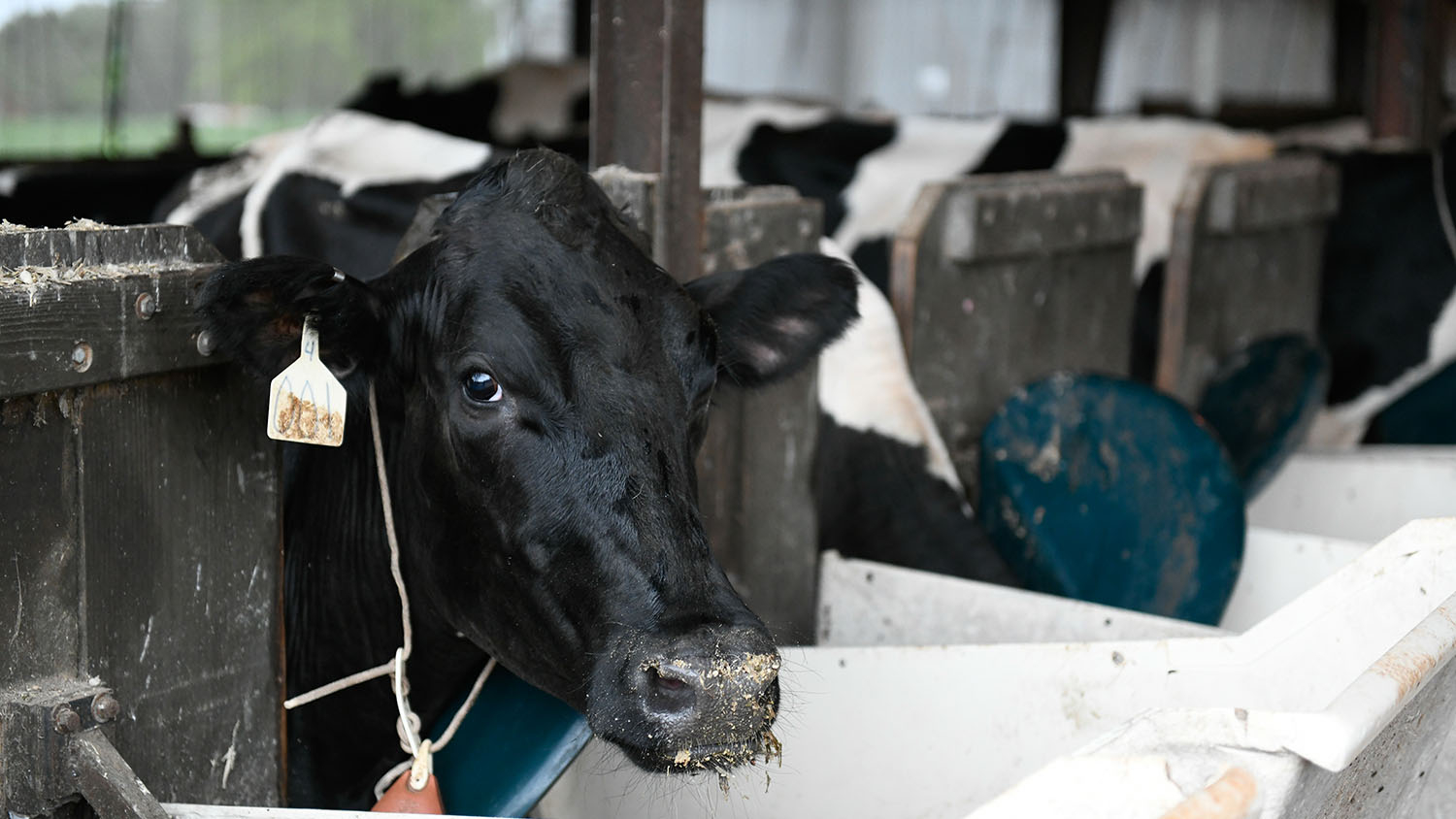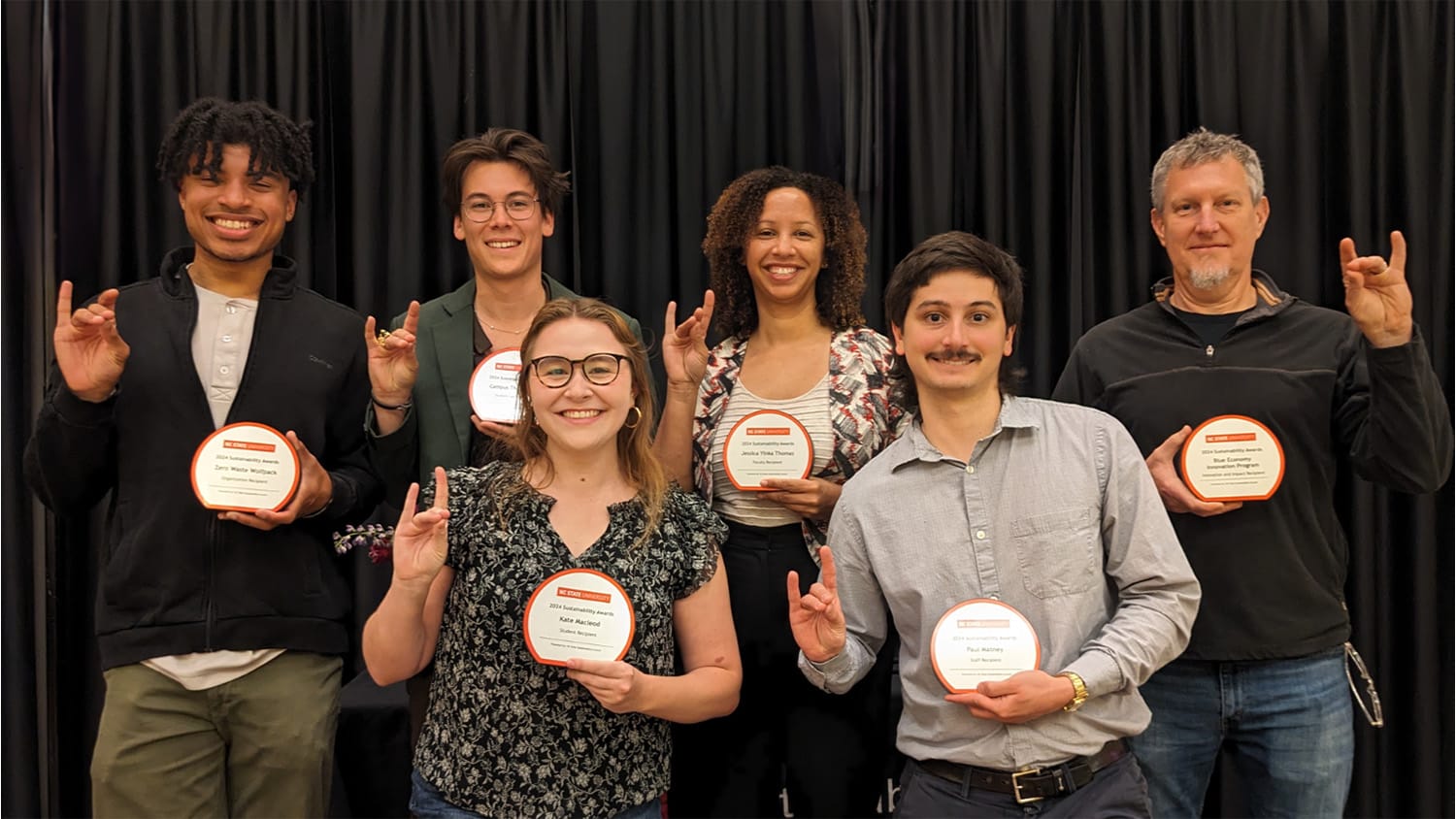Survey Says: Genetics Affect Whether We’re Willing To Take Surveys
A new study from North Carolina State University shows that genetics play a key factor in whether someone is willing to take a survey.
“We wanted to know whether people are genetically predisposed to ignore requests for survey participation,” says Dr. Lori Foster Thompson, an associate professor of psychology at NC State and lead author of a paper describing the research. “We found that there is a pretty strong genetic predisposition to not reply to surveys.”
For the study, the researchers sent out a survey to over 1,000 sets of twins – some fraternal, some identical – and then measured who did and did not respond. The researchers were interested in whether the response behavior of one twin accurately predicted the behavior of the other twin. “We found that the behavior of one identical twin was a good predictor for the other,” Foster Thompson says, “but that the same did not hold true for fraternal twins.
“Because all of the sets of twins were raised in the same household, the only distinguishing variable between identical and fraternal twin sets is the fact that identical twins are genetically identical and fraternal twins are not.”
Understanding survey response behavior is important because managers and people who study organizational behavior rely on survey data to better understand issues ranging from leadership to job stress. “We need to get representative data in order to form accurate conclusions,” Foster Thompson says, “for science and for business practice.
“A lot of research has been done to evaluate how surveys can be written or presented to encourage participation,” Foster Thompson adds. “Much less work has been done to evaluate the personal characteristics of potential respondents – and the role those characteristics play in determining whether someone will actually fill a survey out.”
The research raises a number of additional questions, “but basically we want to know why or how genetics affect people’s predisposition to take surveys,” Foster Thompson says. “Is the linkage between genetics and survey response explained by personality, attitudes toward employers, or something else entirely?”
The paper, “Genetic underpinnings of survey response,” will be published in a forthcoming issue of the Journal of Organizational Behavior. The paper was co-authored by Dr. Zhen Zhang of Arizona State University and Dr. Richard Arvey of the National University of Singapore.
-shipman-
Note to editors: The study abstract follows.
“Genetic underpinnings of survey response”
Authors: Lori Foster Thompson, North Carolina State University; Zhen Zhang, Arizona State University; Richard D. Arvey, National University of Singapore
Published: Forthcoming, Journal of Organizational Behavior
Abstract: This study investigates the influence of genetic factors on survey response behavior. A pool of 558 male and 500 female twin pairs from the Minnesota Twin Registry (MTR) was asked to complete a paper-and-pencil survey of leadership activities. We used quantitative genetics techniques to estimate the genetic, shared environmental, and nonshared environmental effects on people’s compliance with the request for survey participation. Results indicated that genetic influences explained 45% of the variance in survey response behavior for both women and men, with little shared environmental effects. Similar estimates were obtained after we partialled out potential confounds including twin closeness, age, and education. The results have important implications for response rates and nonresponse bias in survey-based research.


